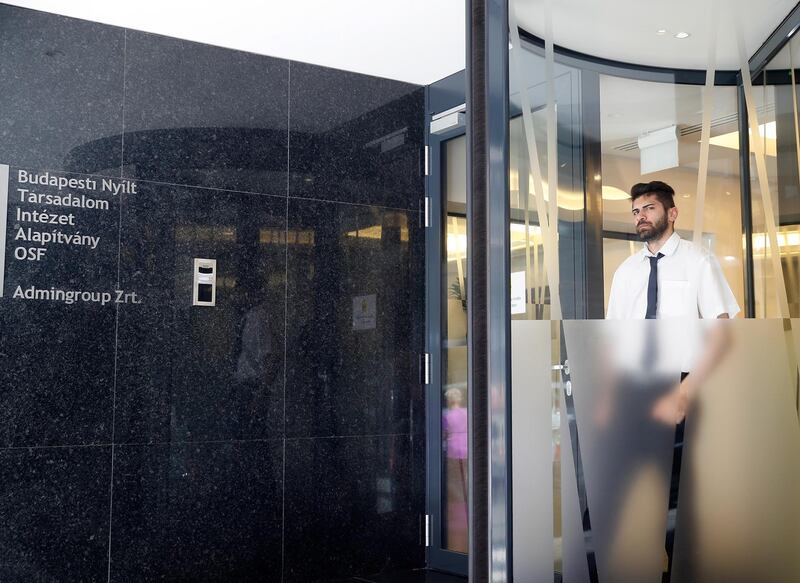I work as a middle manager for an IT firm and recently we have had some redundancies. This has meant my workload has gone up dramatically from what it used to be, and now I feel I need to pick between getting everything done or getting some things done well. Even bathroom breaks stress me out now. What can I do?
BN, Sharjah
More often than not during redundancies, the focus tends to be on the process of cutting employee numbers, whereas the "survivors" who are the cornerstone of the organisation’s future success, are mostly neglected. Although the workforce has decreased, the level of production and delivery does not, which can leave the remaining employees feeling both overloaded and overwhelmed. Without appropriate resources or a review of core processes, this can demotivate employees and affect their health and wellbeing causing anxiety, stress and ultimately lead to burnout. So just working harder and longer is not the solution, nor is it sustainable.
That said, many organisations today, as in your case, face the reality of having to do more with less. As a result, there is a need for these organisations to review their core business processes and streamline how they go about delivering their operations, enabling their people to work smarter rather than harder. This approach of Business Process Management often leads to an elimination of some forms of work that no longer add value and looks to automate core functions – I’m sure we all appreciate moving swiftly through the e-gates at airports, as opposed to standing in long queues.
_______________
Read more:
Workplace doctor: How can I get HR to take some action?
Workplace doctor: Is one-size-fits-all on pay demotivating?
_______________
Given all these challenges and complexities, it’s important more than ever to develop our resilience as a necessary capability in order to manage the stresses and strains of the modern workplace. Resilience refers to our capacity to recover and deal with these challenges and also supports our health and wellbeing at work. Fortunately, there are more and more resources available to develop this capability, and its importance has also been recognised within the UAE Government, who last year appointed a Minister of Wellbeing.
So what do you need to look out for? If you feel that you are always exhausted and demotivated, chances are that you are operating at your maximum and nearing burnout. If this is the case, then taking adequate steps to look after yourself is a key priority – small amounts of time that you dedicate to doing something beneficial for yourself can have an exponential positive impact on your wellbeing.
Take a step back and get some perspective. Accept and embrace that you are not always going to be able to accomplish everything expected in the limited time available to you. Be more realistic about what you can achieve. Differentiate between what is urgent and what is important. According to Steven Covey, author of 7 Habits of Highly Effective People, we should aim to spend most our time on things that are important but not urgent – such as goal setting, planning and prevention. Try to avoid or limit interruptions from emails, phone calls, activities or meetings that may seem urgent, but are ultimately not important.
Call on your manager for his/her increased support and clearer communication. Get more clarity on how your role and position within the team has changed due to the redundancies and how that has impacted your responsibilities and performance expectations. What has changed in terms of processes and procedures that has an impact on your work? How can your manager support you in effectively managing your workload and time?
Doctor’s prescription:
Continuing to work in the way that you do will leave you feeling drained, isolated and resentful in the long run. Set boundaries to manage the volume of things that you become responsible for. To help you do this, consider whether you are the best person to take the task on and if you can enlist the help of other to collaborate with? Say no to tasks that will detract from other important projects, supporting your reasons in a framework of what is best for your team.






